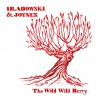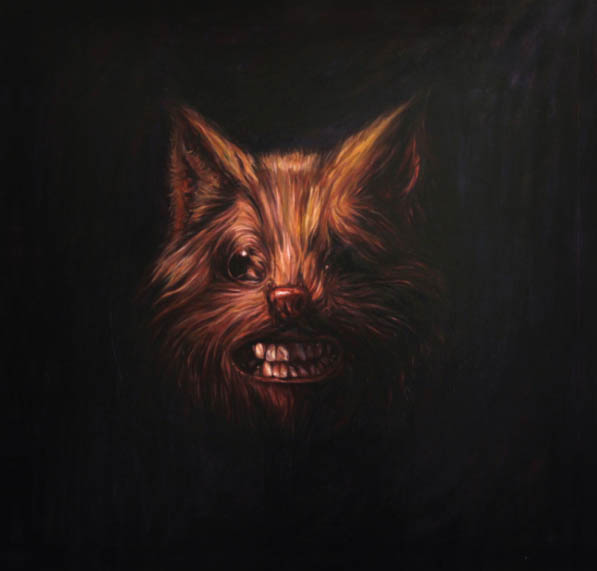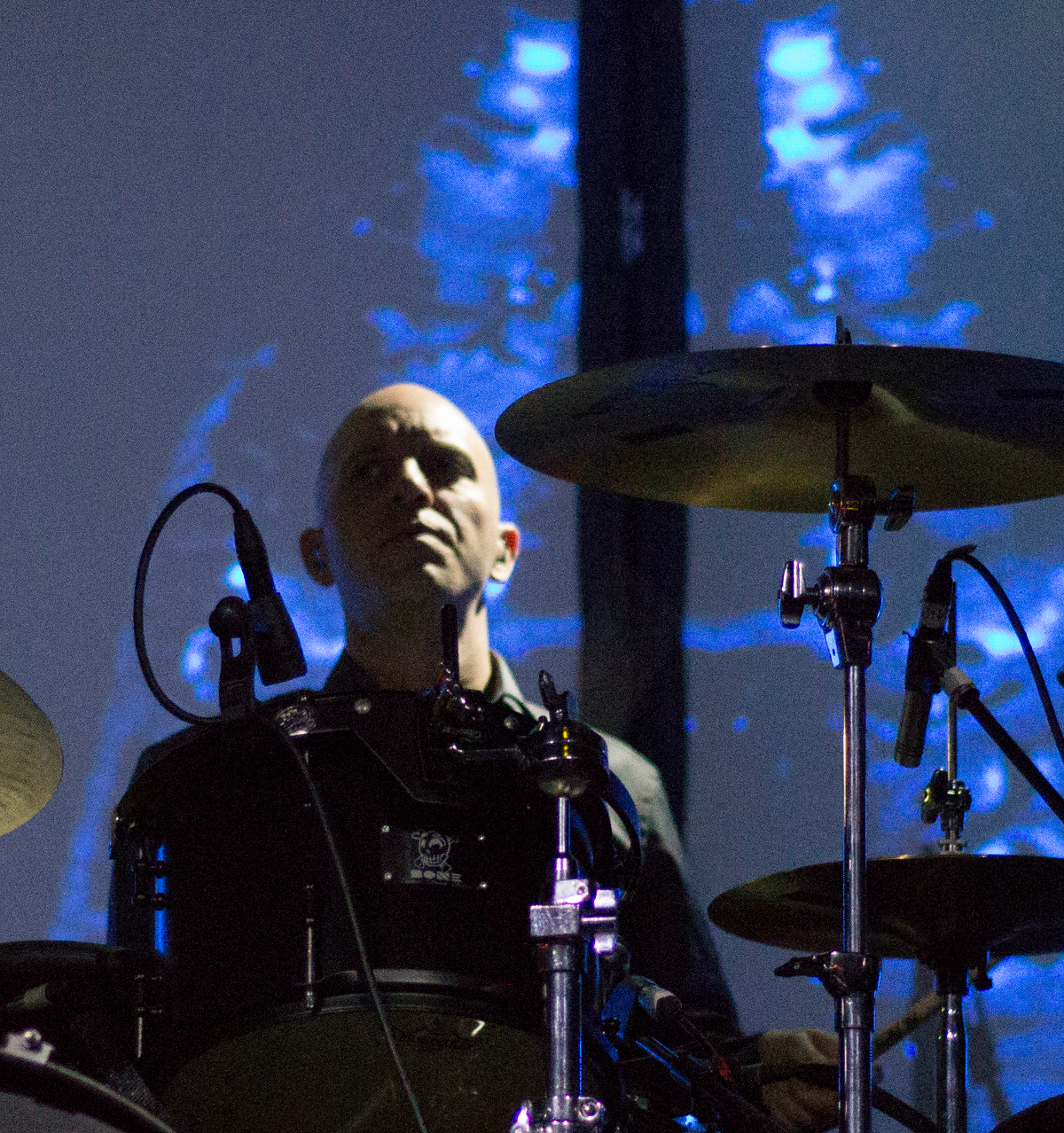 Here we have a collection of British folk song interpretations by guitarist Chris Joynes and singer Stephanie Hladowski. Without even listening to this album, one can’t help recall the inspiring union of singer Shirley Collins and guitarist Davey Graham on the 1964 album Folk Roots, New Routes – a regular spinner in my car’s CD player.
Here we have a collection of British folk song interpretations by guitarist Chris Joynes and singer Stephanie Hladowski. Without even listening to this album, one can’t help recall the inspiring union of singer Shirley Collins and guitarist Davey Graham on the 1964 album Folk Roots, New Routes – a regular spinner in my car’s CD player.
The whole painting by numbers approach to learning traditional songs suggests an empty soullessness or lack of creativity. However this music is far from empty and highlights the apparent fact that the magic of effective music abides by no law of creation. The tracks were chosen on the basis of the love and inspiration of their original performances; yet there’s clearly no pure copying going on. A slightly different path has been chosen each time, but never for the sake of it; I guess that’s an inevitable consequence of adaptation. Joynes’s guitar has a muffled organic tone while Stephanie’s voice shows a rigid strength with warm, rounded edges.
While we’re on the subject of song creation, in a recent interview I conducted with another guitarist Cian Nugent, who has also performed with Stephanie Hladowski in the past, we talked about his composition technique and we got onto the subject of learning and adapting traditional songs. He cited this as one of the many tools for creating new compositions.These songs were hand picked by the duo from Joynes’s personal archive of C90 cassette tapes that contained around 200 field recordings, smuggled out by an inside contact at Cecil Sharp House since the 1990s.
I had the pleasure of listening to these original recordings and it made me wish that they could be included with this album, as listening to them back to back only enriches the interpretations. Some of these field recordings such as “Flash Company” sound as though they have been recorded in the back room of a pub. While the singers of these recordings from the early 1900s might not have the vocal command of Hladowski, they impart the pure minded intent of the individual, which comes right out of the speakers and paints a portrait of the person, taking us back in time, to the room where they were recorded.
The strongest tune lad down here for me is “Died for love,” so simple and effective that it cuts right though. Hladwoski’s voice shows a shaky vulnerability that justly compliments the song’s tone and feeling. Apparently recorded in the first take, Simon Loynes (The Doozer) reflects on the time when it was recorded in the studio: “I do remember that I was struck at the time because it was a beautiful moment captured, and that’s all it needed to be…”
Stephanie Hladowski has been nominated for The Spiral Award 2013 in the categories Best Female Singer and Best Début Album; get voting here:
-Harry Wheeler-



